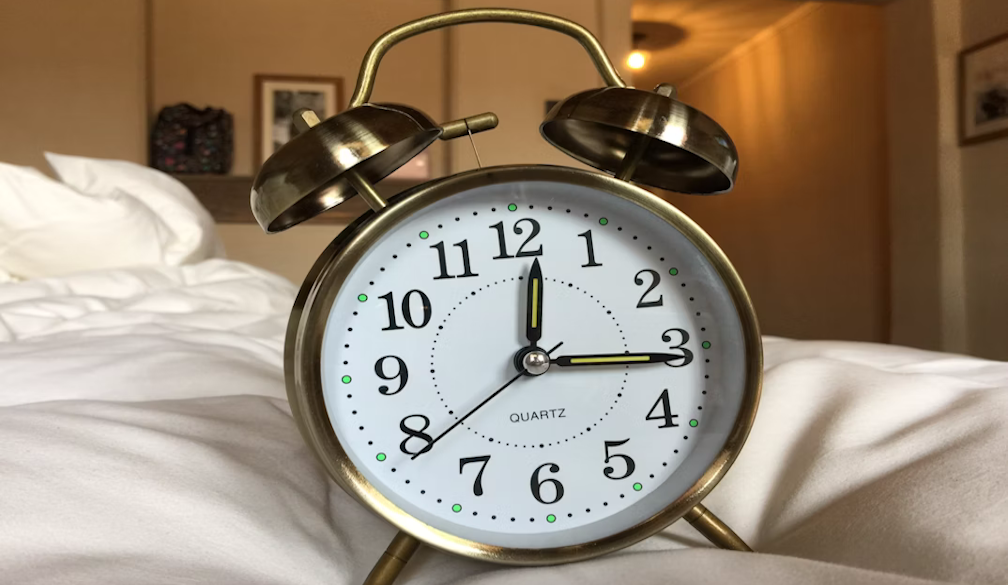How to Wake Up Feeling Refreshed: Alarm Clock Habits That Help

Waking up groggy, disoriented, or already stressed sets the wrong tone for your entire day. But with a few simple tweaks to your bedtime and alarm clock habits, you can rise feeling refreshed, alert, and ready to tackle what lies ahead. A well-structured morning begins the night before — and the right tools and techniques make all the difference.
Choose the Right Alarm Clock for Your Needs
Not all alarm clocks are created equal. In fact, using one that suits your lifestyle and sleeping habits can significantly improve how you feel in the morning. Some people benefit from sunrise simulation clocks that gradually brighten the room, while others find success using calendar clocks, especially when routines and clear day-date orientation are important — such as for elderly individuals or those with memory challenges. These clocks not only wake you gently but also support a sense of structure, which can help start the day calmly.
Keep a Consistent Sleep Schedule
One of the most overlooked ways to feel refreshed in the morning is maintaining a consistent wake-up and bedtime — even on weekends. Your body’s circadian rhythm thrives on predictability. Waking at the same time each day helps regulate hormone production, improves your sleep quality, and reduces the need for a jarring alarm to yank you out of deep sleep.
Position Your Alarm Clock Wisely
Tempted to hit snooze? Placing your alarm clock out of arm’s reach forces you to get up to turn it off, breaking the cycle of fragmented sleep caused by repeated snoozing. This simple trick helps you transition from groggy to alert more quickly — and makes it less likely you’ll fall back asleep and run late.
Avoid Bright Screens Before Bed
That last scroll through your phone or a late-night binge session can wreak havoc on your melatonin levels. Exposure to blue light suppresses your body’s natural sleep signals. Try switching off screens at least 30 minutes before bed and opting for a book, low lighting, or calming music instead.
Let Light Lead Your Wake-Up
Natural light plays a critical role in regulating sleep. If possible, leave your curtains slightly open to allow morning sunlight to cue your body to wake. If you’re up before dawn, a lamp with a gradual light setting or a calendar clock with a soft digital glow can mimic the effect without being disruptive.
Rethink the Sound of Your Alarm
Harsh, startling alarms can cause a spike in cortisol — not an ideal way to greet the day. Choose an alarm with a soothing chime, gentle tone, or even nature sounds. The goal is to rouse you gradually, not shock your system. Many modern clocks now allow for progressive volume increases, which is a great feature to consider.
Wind Down with Intention
A better wake-up begins with a better wind-down. Create a pre-bed ritual — dim the lights, sip herbal tea, and mentally slow down. Avoid stimulating tasks like work emails or intense exercise right before bed, as these will keep your brain wired and delay the onset of deep, restorative sleep.
Feeling energised in the morning doesn’t have to be a mystery
With a consistent routine, strategic alarm placement, the calming presence of tools like calendar clocks, and an understanding of how light and sound affect your sleep, you can take back control of your mornings — and your energy. Start making these small changes today, and you might be surprised at just how refreshed you can feel tomorrow.






